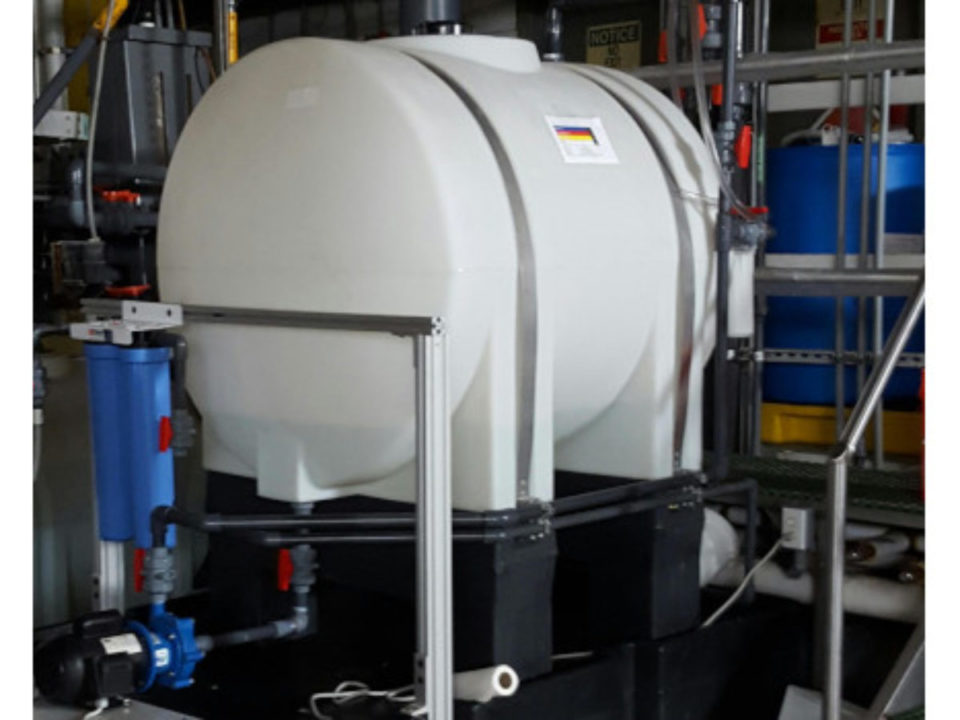Chemical transfer pumps are essential for safely dispensing and regulating hazardous, toxic, and volatile substances. However, accidents can happen when running these types of materials through traditional pumps that aren’t appropriate or reliable enough to handle the risks involved. Damage, leaks, and disasters can occur, leading to empty tanks and significant costs. That’s why mag drive pumps have become a prominent solution in the industry.
Thanks to their innovative design and proven reliability, they offer excellent quality and capacity while ensuring safe and natural regulation of even the toughest chemicals. By determining the appropriate pump for your needs and taking care to ensure its proper use, you can avoid dangerous situations and achieve success in your chemical transfer operations.
Choosing the right chemical transfer pump can be difficult, but it is important to consider your specific application and fluid needs. A variety of pumps are available from numerous manufacturers, with a range of capabilities including high and low flow rates, large and small tanks, and highly corrosive or toxic substances. One option to consider is the centrifugal pump, which provides positive pressure and power for tough processes.
When selecting a pump, it is crucial to ensure that it can handle the particular liquid or air base being used. Chemical transfer pumps have become popular due to their outstanding reliability and ability to prevent leaks and accidents in hazardous environments. They offer natural regulation of chemicals without the need for expensive seals or other costly features.
To achieve success in chemical transfer operations, it is vital to take proper care of the chosen pump and follow manufacturer guidelines. By doing so, you can avoid dangerous situations such as damage, empty tanks, and potential disasters. The benefits of choosing an appropriate and reliable pump far outweigh the risks involved, ensuring safe, and efficient operation in any industry.

